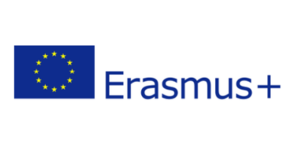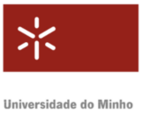Active Ageing Academic Certificate: Towards a European university course dedicated to older learners.
Summary
Active and healthy ageing is a societal challenge shared by all European countries, but is also an opportunity. It is a chance for Europe to establish itself as a global leader that is capable of providing innovative solutions.
The 4 EU universities and their associatied partners involved in the "Active Ageing Academic Certificate" (3AC) are proposing their contribution for meeting this challenge. Most older peopole who are still in their healthy years fall outside the scope of social structures such that their "successful ageing" is related to their own ability to take care of themselves. Helping them to reinforce their skills is a challenge and a priority. A research-based course for older learners is thus and interesting solution, whose relevance is enhanced by the fact that the university context fits the level of studies reached by many young senior nowadays, and it avoids the pitfalls of infantilization
The main objectives of 3AC are to:
- Increase participants' knowledge of the ageing-process.
- Improve self-management by older people.
- Help participants preserve their active role in society by allowing them to complete a programme in an intergenerational context.
The project
Project Number: KA210-ADU
Date of the project: 2021
Erasmus Grant: 60 000
Applicant organisation: University of Lille
Partner organisations:
- Universidade do Minho
- Mykolo Romerio Universitetas
- Uniwersytet Wroclawski


Activities
The 3AC programme will produce 3 activities
- 3AC prospective survey
- 3AC pilot course
- 3AC conclusion report and dissemination

Partner Organisations
The 3AC consortium comprises 4 universities from 4 countries:
- Universidade do Minho - UMinho in Portugal
- Mykolo Romerio Universitetas - MRU in Lithuania
- Uniwersytet Wroclawski - UWr in Poland
- Université de Lille - ULille in France


